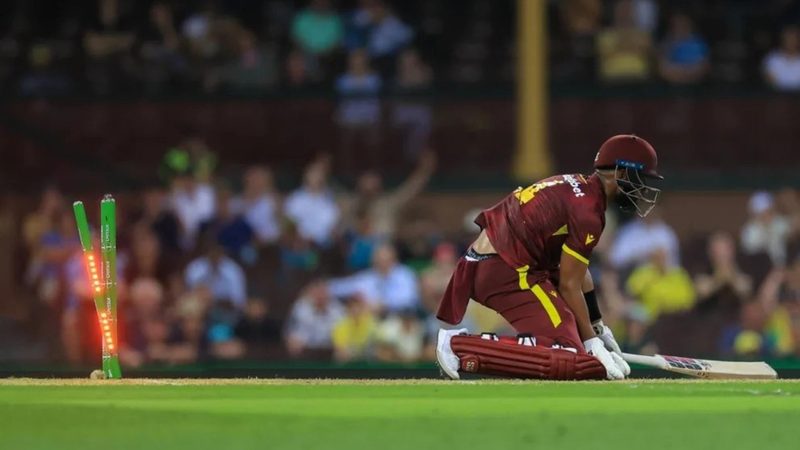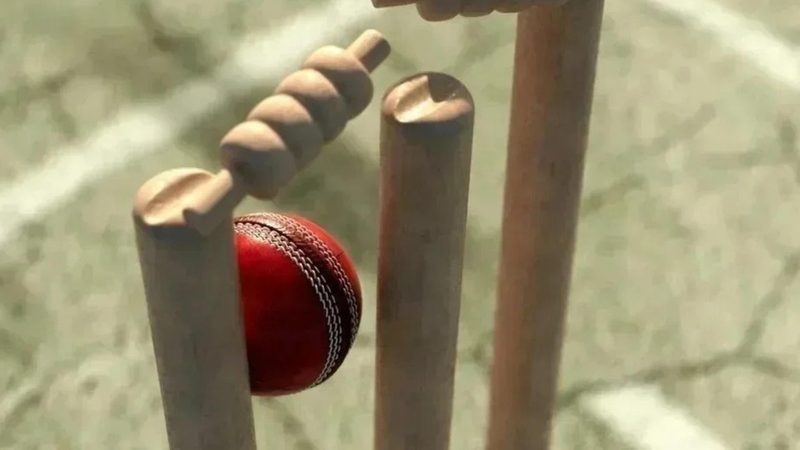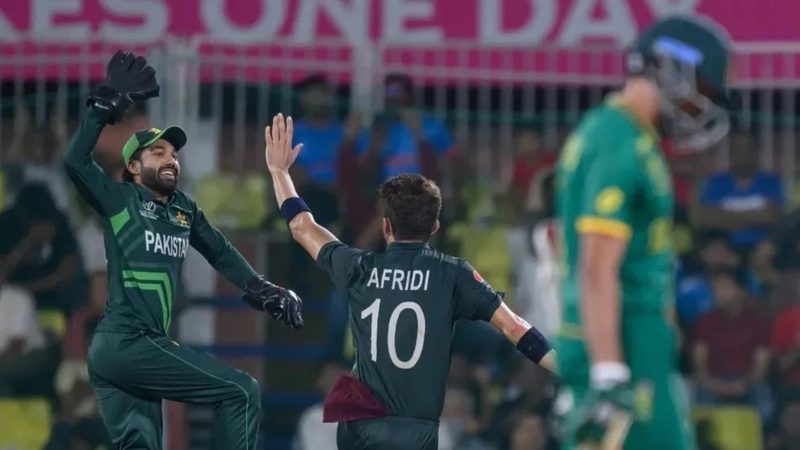
The proponents of the controversial European Super League (ESL) unveiled a new tournament format after a top European court ruled that UEFA and FIFA are breaking the European Union (EU) law by preventing the formation of a new league.
European Super League's backer, A22 Sports, announced plans for a new ESL format that is aimed at promoting a competitive and dynamic football landscape across Europe.
In its ruling, the Court of Justice of the European Union stated that prohibiting clubs and players from joining the Super League was unlawful.
#ECJ: The #FIFA and #UEFA rules on prior approval of interclub #football competitions, such as the Super League, are contrary to #EUlaw #EuropeanSuperleague https://t.co/ATb3CgbPxg pic.twitter.com/XCnLzwIKWb
— EU Court of Justice (@EUCourtPress) December 21, 2023
Real Madrid president Florentino Perez and Barcelona president Joan Laporta have made statements publicly supporting the ESL so far.
However, the Premier League, Bundesliga, La Liga and Ligue 1 have rejected the idea of a new league.
Manchester United, Manchester City, Bayern Munich, Sevilla, Borussia Dortmund, AS Roma, PSG, AS Monaco, Feyenoord, Real Sociedad, Inter Milan, Tottenham, Chelsea and several other European clubs have publicly opposed the formation of ESL.
Interestingly, Arsenal, Chelsea, Liverpool, Manchester City, Manchester United, Tottenham Hotspur, Inter Milan, Juventus, AC Milan, Atlético Madrid, Barcelona and Real Madrid were the 12 clubs that were involved in the formation of the breakaway Super League in April 2021.
While Spanish giants Real Madrid and Barcelona have stuck to the general principles of having a new European competition, the other 10 clubs have pulled out due to pressure from fans, governments and players.
El vídeo institucional del FC Barcelona sobre la sentencia de la Superliga pic.twitter.com/MpYMNXe3or
— FC Barcelona (@FCBarcelona_es) December 21, 2023
European Super League’s proposed format
As per the proposed tournament format, the ESL would include a 64-club men's competition and a 32-club women’s competition aiming to replace the UEFA Champions League and UEFA Women's Champions League.
Sports development company A22 said it intended to create the world’s most exciting club football competition.
As per the revamped format, the ESL would be held in an open system featuring promotion and relegation between each tier. It will be staged in two phases - the league stage and the knockout stage.
In the men’s competition, the 64 participating teams would be divided into three tiers - Star, Gold and Blue.
The Star League would consist of 16 teams split into two groups of eight. Similarly, the Gold League would feature 16 clubs divided into two groups of eight. The Blue League, the bottom tier, would consist of 32 clubs split into four groups of eight.
During the league stage, clubs play each other within their groups in the home and away format. Each team will play 14 matches each season - seven home and seven away.
Super League potential format announced.
64 teams.
3 divisions (Star, Gold and Blue) with promotions and relegations.⚽️ 14 games each season per team.
7 at home.
7 away.It will be an open competition
⚔️ Two phases: League and playoffs. pic.twitter.com/onKZ5vVq09— Fabrizio Romano (@FabrizioRomano) December 21, 2023
The top four clubs in each group from Star League, the top four teams in each group from Gold League and the top two teams from Blue League will qualify for the knockout stage with quarter-finals and semi-finals played over two legs and the finals hosted at neutral venues.
The two teams that finish bottom of the Star and Gold leagues would be relegated by one tier while the two teams that make the final of the Gold and Blue leagues would be promoted by one tier.
Furthermore, the 20 bottom-placed teams in the Blue League would be relegated from the competition entirely and replaced by the top-performing clubs from European domestic leagues.
Matches would be played in midweek, allowing the new competition to be compatible with European domestic leagues.
The proposed women's European Super League would also be run on a promotion-relegation system. 16 teams would make up the Star League while the other 16 would play in the Gold League.
Photo credit: Alamy























